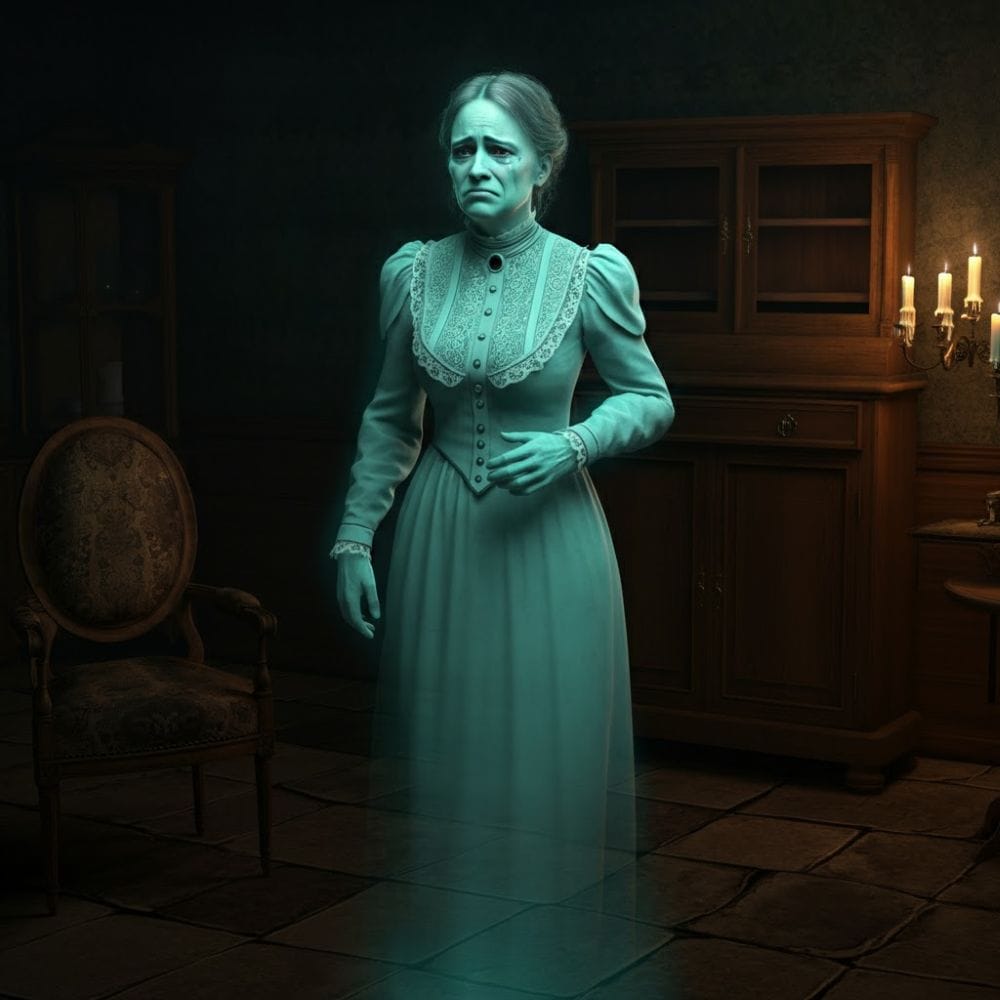When Your Dead Wife Becomes Your Ultimate Wingman... to the Afterlife
Don Epigmenio's dead wife visits, warning of his impending death. He says farewell to loved ones. On New Year's Eve, feeling unwell, he rests by the road. His family finds him dead, peaceful. A tale of supernatural premonition, family bonds, and accepting fate with grace.

If the 19th century ever gave birth to a character, it was surely Don Epigmenio Guajardo. Born in Zaragoza, Coahuila, right around the time steam engines were starting to snort their way across the prairies, young Epigmenio arrived with the force of a spring thunderstorm and a penchant for embracing life as wildly and fully as the rolling Sierras surrounding him. He was brash, unbothered, and often irritatingly sure of himself. But, and here’s the rub, he had charm. One of those cheerfully reckless types, the sort who could sweet-talk a rattlesnake without getting bitten—most of the time, anyway.
Young Epigmenio’s charms didn’t go unnoticed. He wooed and won a pretty local girl named Felipa Reyes, who, bless her heart, was the epitome of “for better or worse.” Felipa was everything Epigmenio wasn’t. A good Christian, she kept her head down, suffered quietly, and tended to the house and children as Epigmenio strode in and out like a cyclone. He was a man who treated his time and attention like a whirlwind, sweeping through their lives with the certainty that his wife, home, and brood of twelve (!) were not only in good hands but would be waiting on his whims.




